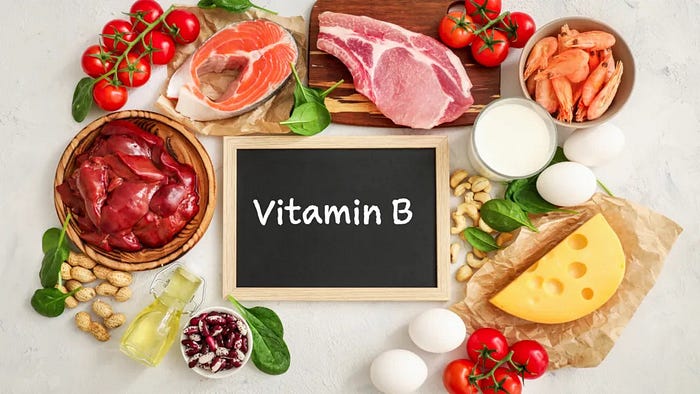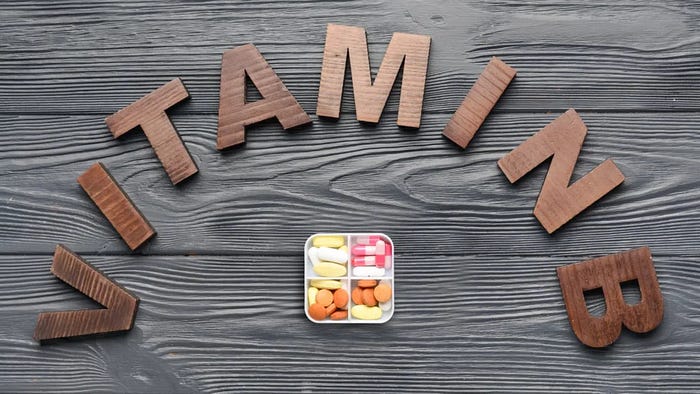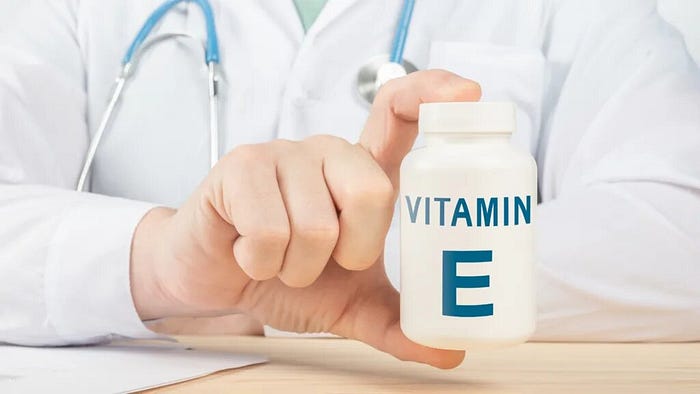Introduction
Which vitamin deficiency causes hair loss? Hair fall is a common issue that can be both stressful and frustrating. While genetics and lifestyle choices play a significant role, vitamin deficiencies are often hidden causes of hair loss.

This article will discuss the essential vitamins that impact hair health and show how lacking these vitamins could lead to hair loss. If you’re wondering, “Can a Vitamin D deficiency cause hair loss?” or “Is Vitamin E crucial for strong hair?” — we’re here to guide you.
How Vitamin Deficiencies Affect Hair Health
Several vitamins are essential for hair strength, thickness, and growth. When these nutrients are lacking, severe hair breakage, scalp problems, and hair thinning can occur. Below, we’ll explore the key vitamins for hair health, their benefits, and the consequences of their deficiencies.
1. Vitamin D: Essential for Hair Growth

Vitamin D helps create new hair follicles and supports healthy hair growth.
Does vitamin D deficiency cause hair loss? Yes, it can. Vitamin D aids in the production of new hair follicles and promotes healthy growth.
Vitamin D benefits for hair: It helps maintain scalp health and prevents early shedding.
If you’re experiencing hair fall, it’s not just about whether vitamin D deficiency causes hair loss — it’s about how quickly you can recover your levels to prevent further loss.
2. B Vitamins and Their Impact on Hair

B vitamins are crucial for hair strength, improving blood flow to the scalp, and supporting hair growth.
Is B12 good for hair? Yes, vitamin B12 helps deliver oxygen to hair follicles, which can reduce shedding.
Vitamin B12 benefits for hair: Especially noticeable for those with deficiencies or anemia, increasing B12 intake may improve hair health.
3. Vitamin E for Hair Fall and Growth

Vitamin E is an antioxidant that promotes a healthy scalp environment and can improve hair thickness.
Does Vitamin E capsule help hair growth? Yes, taking vitamin E capsules can improve thickness and reduce hair fall.
Daily use of vitamin E for hair: Applying it moderately can enhance scalp moisture and prevent dryness, which helps strengthen hair.
4. Vitamin C and Its Role in Hair Health

Vitamin C supports hair health by boosting iron absorption, which is crucial for growth.
Is vitamin C good for hair? Yes, it helps prevent weak and brittle hair by reducing free radicals.
Sources: Citrus fruits, strawberries, and bell peppers.
Regrowing Hair Loss Due to Hard Water
Hard water can leave mineral deposits on the scalp, blocking follicles and causing hair loss. Tips for hair regrowth after hard water exposure include:
Installing a water softener or using filtered water.
Using clarifying shampoos to remove buildup.
Applying nourishing oils, like vitamin E, to restore moisture and shine.
Managing Severe Hair Breakage and Thinning

Hair loss can result from factors like water quality, styling habits, and stress, alongside vitamin deficiencies. Using scalp-nourishing oils, conditioners, and B vitamins can reverse some damage and support new growth.
Key Vitamins for Hair Regrowth
- The Role of Vitamin D in Hair Health

Does vitamin D deficiency cause hair loss? Yes, low vitamin D weakens follicles, causing shedding.
Vitamin D’s benefits for hair: It maintains scalp health and helps with follicle cycling.
2. Iron Deficiency and Hair Loss

Iron helps deliver oxygen to hair follicles, and low iron can cause hair thinning.
Iron for hair growth: Taking iron supplements can support hair regrowth and reduce associated symptoms like fatigue and headaches.
3. Vitamin B Complex for Hair Regrowth

Vitamin B12 deficiency and hair loss: Low B12 disrupts cell production and reduces oxygen supply to follicles.
Sources: Eggs, meat, and fortified cereals support B12 for hair health.
4. Vitamin E for Hair Fall Control

Benefits of vitamin E capsules: They improve scalp circulation and reduce oxidative stress.
Best sources: Natural oils like almond and argan oil are rich in vitamin E.
5. The Role of Stress and Omega-3 Deficiency

Stress-related hair loss: Reducing stress and ensuring nutrient intake can support hair recovery.
Does omega-3 help hair growth? Omega-3 fatty acids reduce inflammation, which can protect against hair loss.
6. Zinc and Vitamin C for Strong Hair

Zinc for hair: It regulates oil production on the scalp and supports growth.
Vitamin C for hair: Enhances iron absorption and reduces hair brittleness.
Additional Vitamins for Hair Health

Vitamin A deficiency: Treatment may help hair, but excess intake could lead to shedding.
Vitamin B6: Strengthens hair follicles and helps prevent loss.
Recommended Solutions for Hair Fall
Hair fall vitamins: Supplements with biotin, Vitamin E, and B-complex vitamins can address deficiencies.
Best hair products: Choose nutrient-rich shampoos and conditioners to nourish your scalp.
Tips for Better Hair Health

Include hair fall vitamins: Look for supplements with B12, vitamin E, and other essential nutrients.
Consistency: Applying vitamin E regularly and improving diet enhances hair quality.
Scalp care: Massage with oils and wash with soft water to prevent buildup.
Conclusion
Knowing which vitamin deficiency causes hair loss can help you address nutrient gaps and keep your hair healthy. A lack of vitamins D, E, and B makes hair strands weak, leading to increased hair loss. Once you know which vitamin deficiency causes hair loss, you can take steps to improve hair strength and promote growth.
Also read Full article : https://sportifytoday.com/vitamin-deficiency-causes-hair-loss/
Must visit site for Health & nutrition : https://sportifytoday.com/